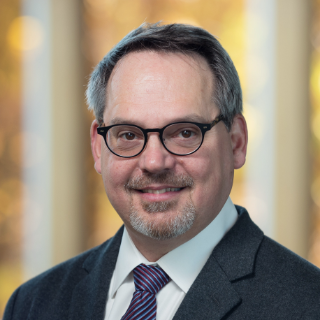
I study the processes and driving forces of mineral reactions with a focus on fluid-rock interactions. My research publications span environments from the upper mantle to the near surface. Over the past decade, my primary research interests have migrated from deep crustal metamorphic processes to shallower magmatic-hydrothermal systems and associated mineral deposits to, most recently, carbon sequestration at and near the surface of the Earth. The commonality between these projects is the integration of field data and forward models for heat-mass transport and reaction, and the conscription of appropriate geochemical tracers as monitors of fluid-rock interactions.
My research program in carbon sequestration identifies and evaluates novel CO2 fixation pathways that offset anthropogenic greenhouse gas production. Central to these studies are identification of active carbon fixation in the field; field examination of geologic analogues to industrial fixation processes; mineralogical, geochemical and isotopic analysis of carbon sinks; and reactive transport modelling of carbon transport and fixation. My long-term objectives are to:
- develop new efficient reaction pathways for carbon sequestration in mine wastes,
- provide an objective scientific verification protocol for crystallographic trapping of carbon, and
- evaluate the stability and safety of stored carbon.
Email: gdipple@eoas.ubc.ca
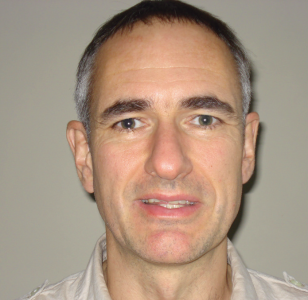
I am a professor of hydrogeology and low temperature aqueous geochemistry. My main area of expertise lies in multicomponent reactive transport modelling and vadose zone processes. Other research areas of interest include environmental aspects of mine waste, the long-term geochemical stability of deep sedimentary and crystalline rock environments, natural attenuation of organic contaminants and fugitive gas emissions related to oil and gas development.
Email: umayer@eoas.ubc.ca
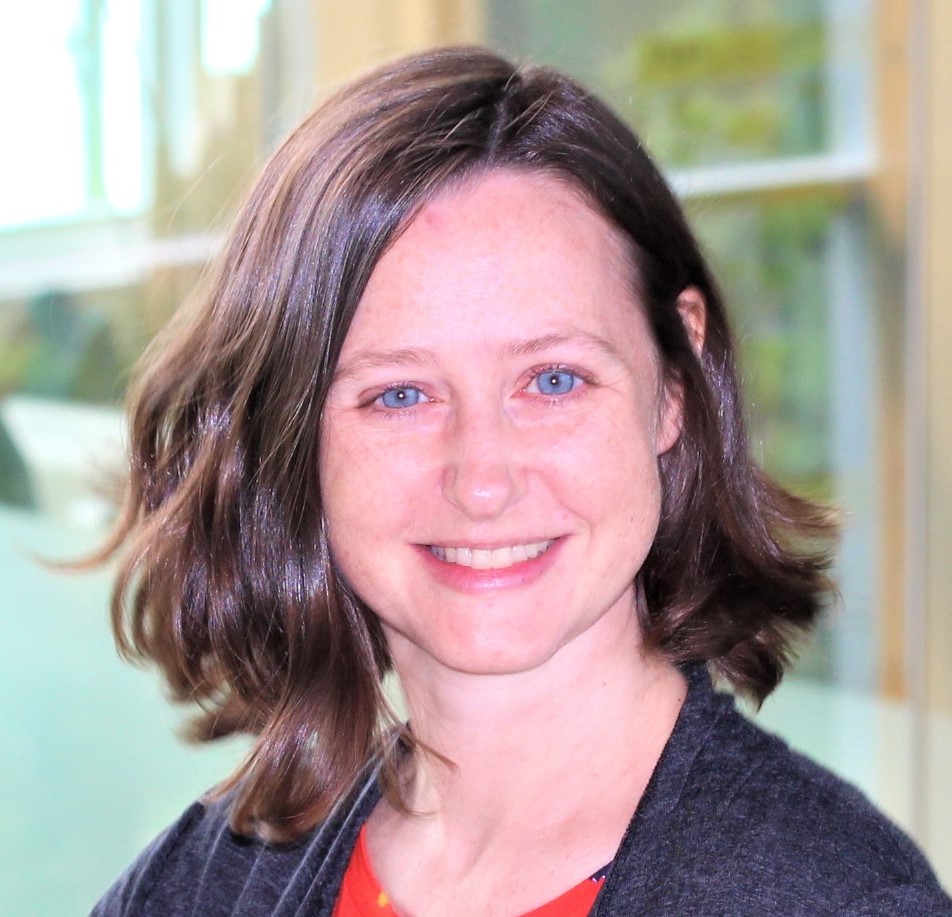
PhD, University of British Columbia
I am a research associate with the Mineral Deposit Research Unit at UBC. I have an interest in geological and geophysical data integration and interpretation, and in connecting geoscientists across disciplines to collaborate on mineral exploration research. I have experience in interpreting and modelling geophysical data in numerous mineral deposit environments. I am currently working with the Carbmin Lab employing geophysics to model carbon mineralization potential of serpentinized ultramafic rocks in BC.
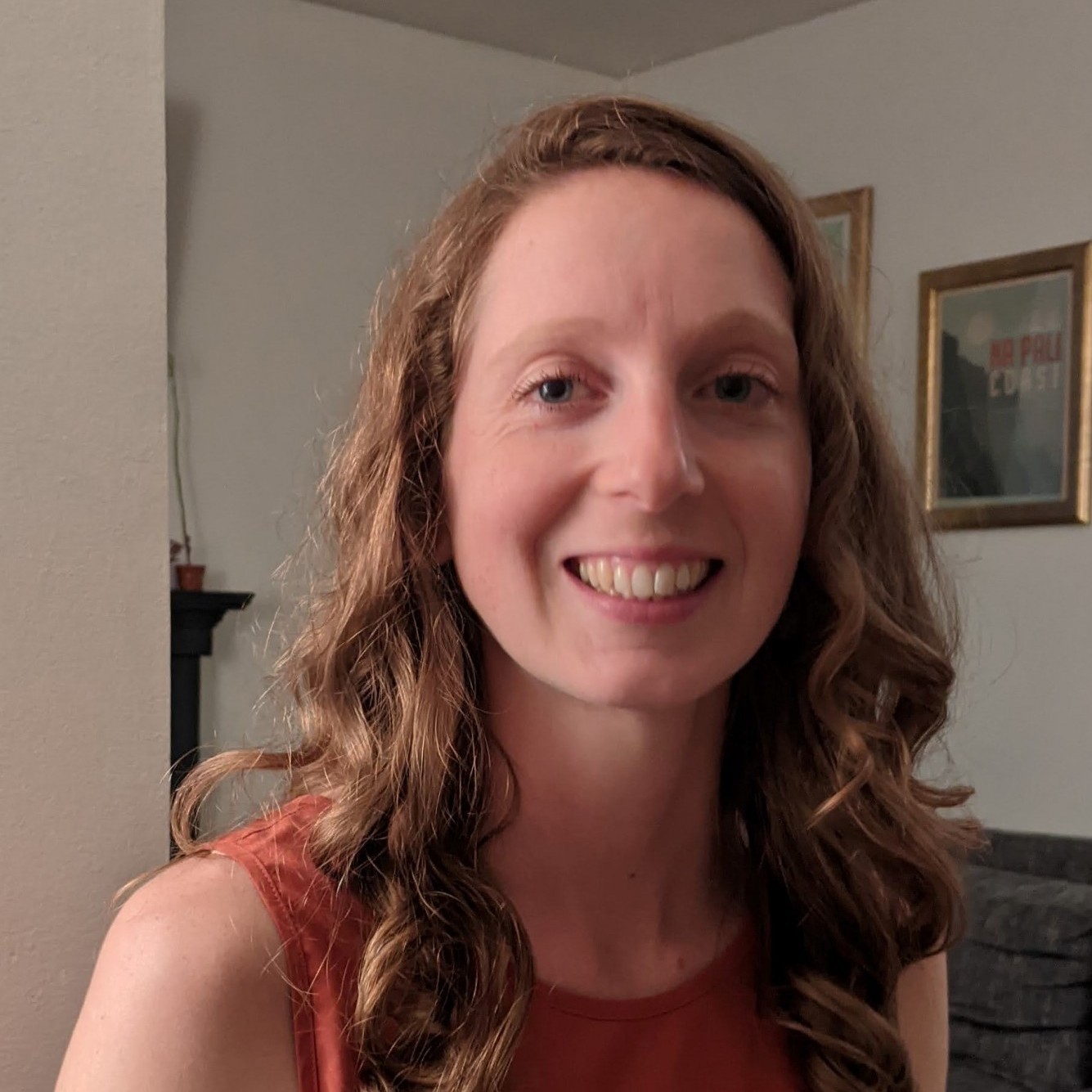
MSc Hydrogeology, University of Calgary
BSc Geology-Biology, Brown University
I received my MSc in hydrogeology at the University of Calgary, where my thesis work focused on dissolved gases in groundwater. For the past several years, I have worked in the UBC Department of Earth, Ocean, and Atmospheric Sciences as a Research Scientist and Research Projects Manager for large interdisciplinary research programs. At the CarbMin Lab, my work includes managing research budgets, staffing needs, field campaigns, funding collaborations, stakeholder engagement, and project reporting and deliverables.
Email: bladd@eoas.ubc.ca
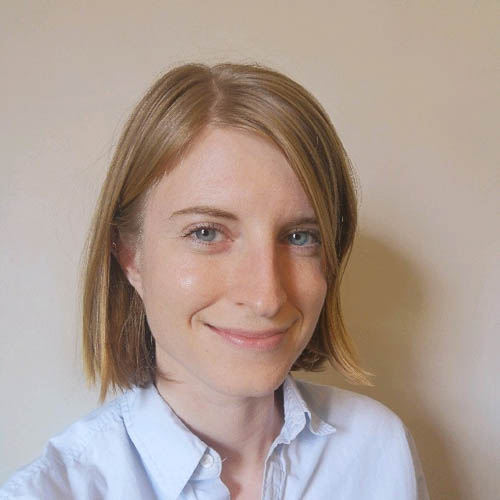
MSc Geological Sciences, University of British Columbia
BSc Hydrogeology, University of Waterloo
I am a Research Scientist for Dr. Uli Mayer working on the development and promotion of the reactive transport code MIN3P. Working for Dr. Greg Dipple, I use numerical modelling to supplement laboratory and field studies to investigate CO2 sequestration rates in mine tailings.
I received my MSc from UBC using MIN3P to compare the differences between waste rock pile construction methods and investigate capillary barrier effects in engineered pile cover systems. Previously I have worked for several years in environmental monitoring within the mining industry, which has helped me make connections between the research and modelling and applications to industry practices.
Email: kraymond@eoas.ubc.ca
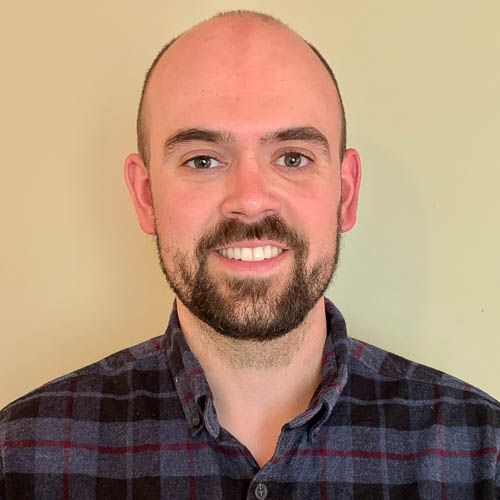
PhD Geochemistry, University of Minnesota
My research at UBC focuses on enhanced weathering of minerals to convert atmospheric CO2 into benign carbonate minerals. I am currently studying the rates of CO2 capture in ultramafic mine tailings and analog alkaline solids when these materials are exposed to the atmosphere. Experiments are performed both in the laboratory and in the field.
Email: pscheuer@eoas.ubc.ca
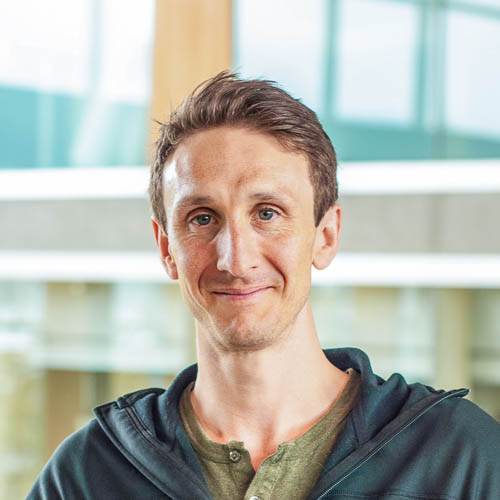
PhD geology, University of British Columbia
Jamie’s expertise and research interests focus on using various geochemical techniques to infer regional-scale tectonic and geologic processes in orogenic belts. His current research in the CarbMin Lab is focused on a regional-scale assessment of the carbon mineralization potential of British Columbia using the physical properties of ultramafic rocks and their relationship to serpentinization and carbonation reactions. These correlations will be used to inform geophysical inversions to establish a carbon sequestration index for the province’s geology.
Email: jcutts@eoas.ubc.ca
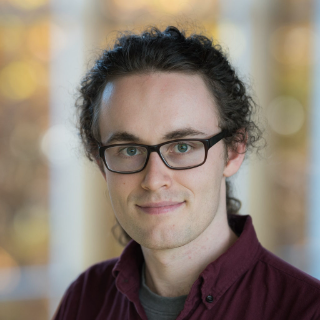
PhD Environmental Geochemistry, Monash University
My research in the CarbMin Lab aims to develop the analytical tools needed to enable accurate quantification of mineral tailings compositions across a variety of ultramafic lithologies. This will allow for rapid and accurate assessments of the carbon sequestration potential of different mine sites. The results of this work act as the foundation for later carbonation experiments in the laboratory and onsite.
Email: cturvey@eoas.ubc.ca
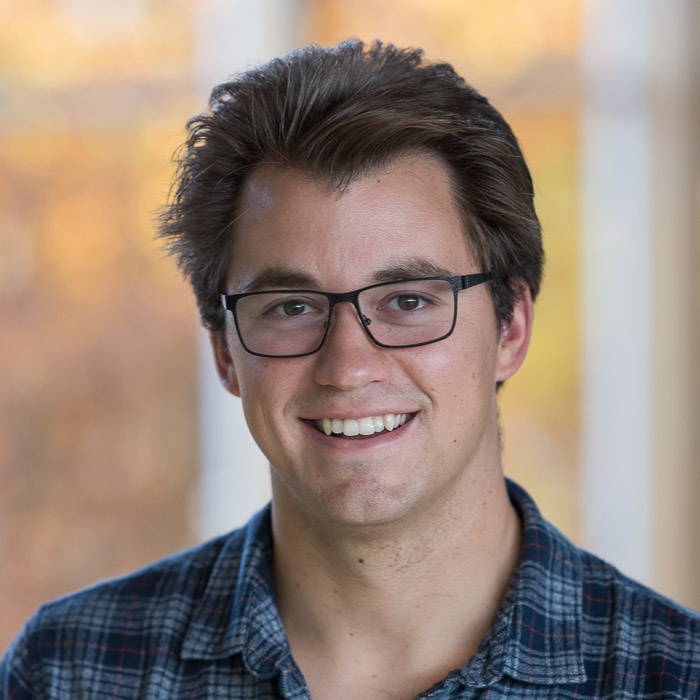
MSc and BSc, Queen’s University
My research at the CarbMin Lab involves developing methods to enhance CO2 sequestration in nickel and diamond mine tailings at low-cost, while exploring possible engineering co-benefits. This involves “treasure hunting” for certain types of highly reactive ore that are ideal for use as feedstock for CO2 sequestration. I also use reactive transport modeling to design and optimize new tailings management practices to further accelerate CO2 capture. Through collaboration with geotechnical engineers, I aim to help determine how CO2 sequestration can be used to improve the safety of tailings storage facilities.
Email: svander@eoas.ubc.ca
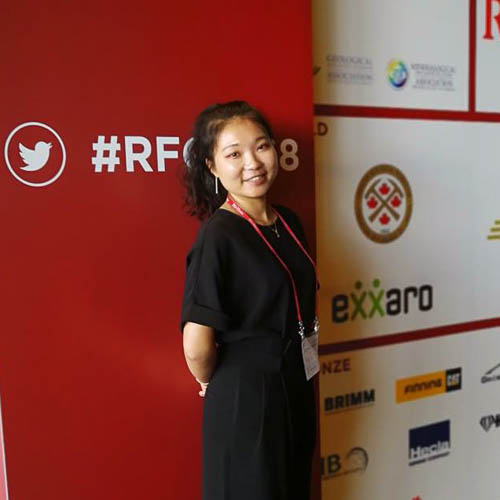
MSc Geochemistry, University of British Columbia
I am from China, Xinjiang province and completed my Masters degree in the CarbMin Lab in 2020, and am now pursuing my PhD. My masters thesis project focused on characterizing the reactivity of ultramafic mine tailings for low-cost carbon capture utilization and storage. I conduct laboratory-scale kinetic dissolution experiments and geochemical numerical models to quantify the amount of magnesium cations that can be easily leached from ultramafic tailings under atmospheric conditions. I aim to establish an applicable testing protocol to quickly and easily assess tailings’ reactivity for carbon mineralization, and plan to progress in the field of carbon capture, help support the fight for climate change and support innovative research as a scientist.
Email: xlu@eoas.ubc.ca









